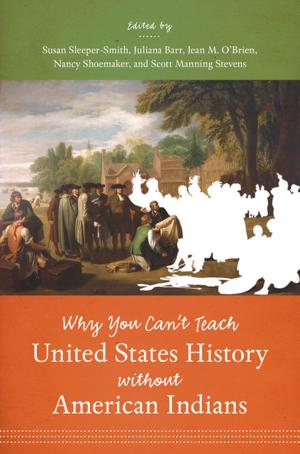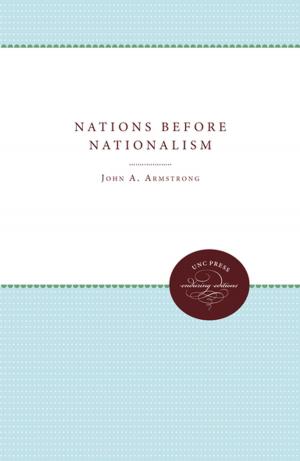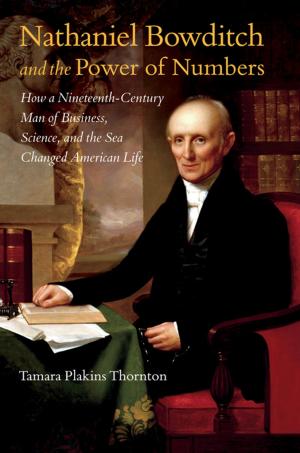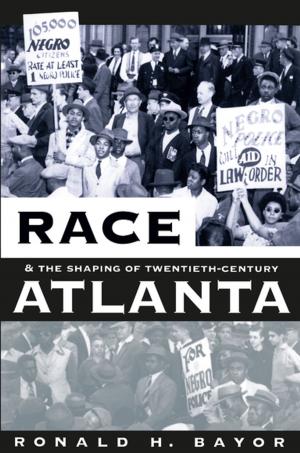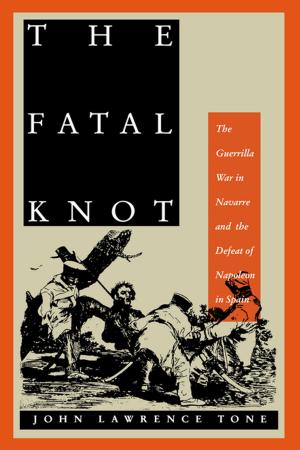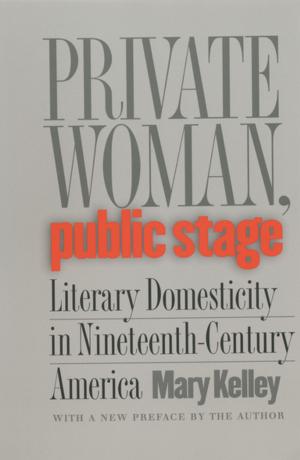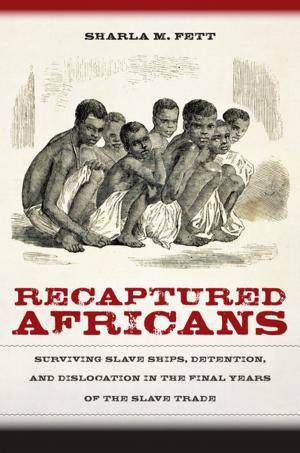Labor’s Great War
The Struggle for Industrial Democracy and the Origins of Modern American Labor Relations, 1912-1921
Nonfiction, Social & Cultural Studies, Political Science, Politics, Labour & Industrial Relations, History, Americas, United States, 20th Century| Author: | Joseph A. McCartin | ISBN: | 9781469617039 |
| Publisher: | The University of North Carolina Press | Publication: | November 1, 2017 |
| Imprint: | The University of North Carolina Press | Language: | English |
| Author: | Joseph A. McCartin |
| ISBN: | 9781469617039 |
| Publisher: | The University of North Carolina Press |
| Publication: | November 1, 2017 |
| Imprint: | The University of North Carolina Press |
| Language: | English |
Since World War I, says Joseph McCartin, the central problem of American labor relations has been the struggle among workers, managers, and state officials to reconcile democracy and authority in the workplace. In his comprehensive look at labor issues during the decade of the Great War, McCartin explores the political, economic, and social forces that gave rise to this conflict and shows how rising labor militancy and the sudden erosion of managerial control in wartime workplaces combined to create an industrial crisis. The search for a resolution to this crisis led to the formation of an influential coalition of labor Democrats, AFL unionists, and Progressive activists on the eve of U.S. entry into the war. Though the coalition's efforts in pursuit of industrial democracy were eventually frustrated by powerful forces in business and government and by internal rifts within the movement itself, McCartin shows how the shared quest helped cement the ties between unionists and the Democratic Party that would subsequently shape much New Deal legislation and would continue to influence the course of American political and labor history to the present day.
Since World War I, says Joseph McCartin, the central problem of American labor relations has been the struggle among workers, managers, and state officials to reconcile democracy and authority in the workplace. In his comprehensive look at labor issues during the decade of the Great War, McCartin explores the political, economic, and social forces that gave rise to this conflict and shows how rising labor militancy and the sudden erosion of managerial control in wartime workplaces combined to create an industrial crisis. The search for a resolution to this crisis led to the formation of an influential coalition of labor Democrats, AFL unionists, and Progressive activists on the eve of U.S. entry into the war. Though the coalition's efforts in pursuit of industrial democracy were eventually frustrated by powerful forces in business and government and by internal rifts within the movement itself, McCartin shows how the shared quest helped cement the ties between unionists and the Democratic Party that would subsequently shape much New Deal legislation and would continue to influence the course of American political and labor history to the present day.

